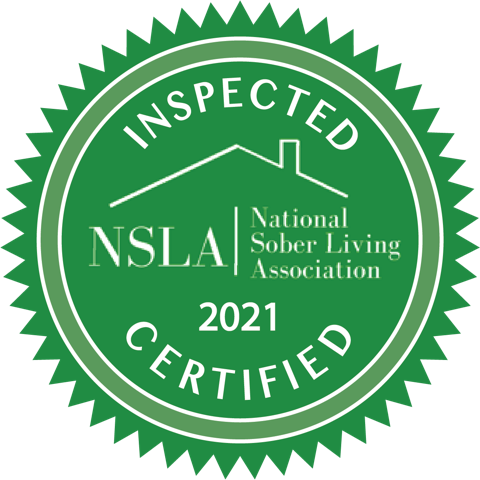The 11th step of AA calls us to improve our understanding of and contact with a higher power through prayer and meditation. Both these activities are forms of mindfulness that can help you become more self-aware, quiet your mind and release negativity.
The Benefits of Prayer and Meditation
Almost all world religions and spiritual traditions incorporate some form of prayer or meditation. Why are these habits so time-honored? Consider the advantages:
- You can do a quick prayer or meditation session almost anywhere, anytime you need to feel calmer.
- Prayer and meditation help you feel more centered, at peace and connected – either with yourself or with your higher power.
- Meditation and prayer have proven to reduce stress, anxiety and depression, while promoting your emotional well-being. These practices may also help you live longer.
- Regardless of whether you prefer prayer or meditation, you can reap the benefits by doing it consistently.
Ways to Be More Mindful
Most people’s lives move at a rapid pace. We get so busy with work and family commitments that we rarely, if ever, take time to prioritize rest, mental wellness and self-care. Sadly, fewer than half of Americans take advantage of their employer-provided vacation time. The resulting stress can contribute to mental and behavioral health issues like anxiety, depression and substance abuse.
Think of mindfulness as a pause or reset button for the hustle and bustle of daily life. It is an essential skill to learn and continue practicing throughout your addiction recovery journey. By being more mindful, you can begin accepting the things you can’t control and tap into a calmer state of mind whenever life gets too stressful, which can help you avoid a relapse.
There are dozens of ways to bring more mindfulness into your daily life, but all of them enhance your focus and provide a judgment-free attitude of acceptance. Try these techniques next time you feel overwhelmed, frustrated or fatigued.
1. Walking Meditation
Next time you have 10 minutes to spare, try a walking meditation. Fully focus on every sensation, including your feet touching the ground, the sun warming your skin, the sounds of the birds singing and the breeze rustling through the leaves. Inhale deeply and let the fresh air fill your lungs. If you like, you can even add a prayer thanking your higher power for the beauty of nature.
2. Full-Body Scan
Get into a comfortable sitting or standing position and mentally scan your body from head to toe. Check in with how you feel. Does anything hurt? Are you holding tension in places like your back, neck or shoulders? Deliberately relax while you focus on your breath. You can also imagine a warm or tingling sensation traveling up and down your body.
3. Journaling
Writing down your thoughts and feelings in a journal is an excellent way to get in touch with yourself and come to terms with anything that’s bothering you. You can also use your journal to list things you are grateful for and use that as a form of prayer or meditation.
Imagine a Happier, Healthier You
Relieving life’s constant pressure can feel nearly impossible, but prayer and meditation are simple ways to show yourself compassion, break unhealthy thought patterns and reconnect with your higher power. All the tools you need to succeed are already within your reach.
At Still Waters, we provide a 12-step immersion program designed to provide fellowship and spirituality to men and women who are motivated for recovery. We will help you rebuild your life based on the principles found within the 12 steps. To learn more about what we offer at our retreats in the beautiful Tennessee countryside, contact us today.





